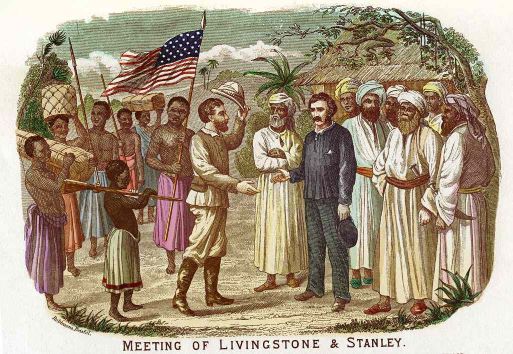Author: Alice Frimpong Sarkodie,
Director: Nobel Heights School
MsSark Lifecoach
Exec. Sec. Women’s League Platform
Co-Founder: Women Leaders International
There is a silent sickness running through the world; a thirst that is never quenched. It creeps through nations, whispers through advertising screens, and feeds upon the hearts of both the powerful and the powerless.
It is the thirst that convinces the full they are starving, the clothed they are naked, the safe they are insecure. It is the most refined form of control ever crafted: the manufacture of discontent.
The oppressor and the oppressed drink from the same poisoned well. One drinks to dominate; the other drinks to belong. Yet both remain thirsty. The oppressor suffers the loneliness of manipulation: a heart that can only feel powerful when another is small.
The oppressed suffers the exhaustion of imitation: chasing shadows of validation in someone else’s mirror. They are dancers in the same tragic play, tied together by fear and false comparison.
True freedom, then, is not revenge but release. Release from the psychological empire that convinces the world that “better” always means “Western,” that “modern” always means “foreign,” and that human worth can be upgraded like a device.
The Factory of Desire
Imperialism no longer ships chains; it ships dreams. It manufactures thirst; a deliberate hunger for what one does not need and shame for what one already has. It builds illusions of lack and then sells the cure in glossy packaging. The market feeds on longing, and the media fans the fire.
Entire nations now chase borrowed definitions of success. Measuring progress in glass towers and paved roads while forgetting the peace of shared meals beneath trees.
As long as people believe they are incomplete, they will remain governable. But if the oppressed ever stopped running, if they ever sat still in the abundance of their own soil then the empire of manipulation would crumble overnight.
Africa’s Myth of Poverty
Africa’s so-called poverty is largely a story told by those who profit from pity. For how can a people be poor when they eat from their land, rest beneath their skies and laugh without debt? Poverty begins not with an empty pocket but with an emptied mind. The belief that contentment is primitive and anxiety is progress.
“Our roads may not be tarred, but what actually is the big deal if there wasn’t a certain Western standard shown us?” Indeed. The tragedy is not that Africa lacks marble highways but that she has been convinced her unpaved roads are shameful. The real underdevelopment is the erosion of self-worth.
The West’s Mask of Perfection
Meanwhile, the West drowns behind its polished image. Depression, loneliness, gun violence and environmental collapse stalk its glittering cities. They call it development but the cost is the human soul. Their tragedies are hidden, their chaos rebranded as progress. Africa’s smallest crack becomes headline news; Western earthquakes are treated as noble struggles.
Yet, in many African villages, elders live past a hundred years with sound mental health, laughter in their lungs and faith in their bones. There, peace is not measured by GDP but by the number of hands that still hold each other when night falls.
The Deception of Peace Labels
Even peace has been colonized. Western scholars now divide peace into “positive” and “negative,” implying that African calm is incomplete because it does not emerge from political systems or economic power. But who decides the scale of serenity? If peace means harmony of spirit, respect for nature and absence of inner war, then Africa is the classroom not the student.
The Better Life
A better life is not the privilege of having more, but the wisdom of needing less. It is not built on borrowed dreams but rooted in authentic being — the ability to smile without comparison, to live without validation, to measure life by joy instead of status. Humanity’s healing lies not in competition but in contentment and not in imitation but in balance.
Let the world pause its restless race. Let the oppressor and the oppressed drop their shared cup of illusion. For the thirst that drives us is not for water but for worth and that worth was never lost but only forgotten.
When we remember that, the empire ends. And humanity, finally, begins again.




